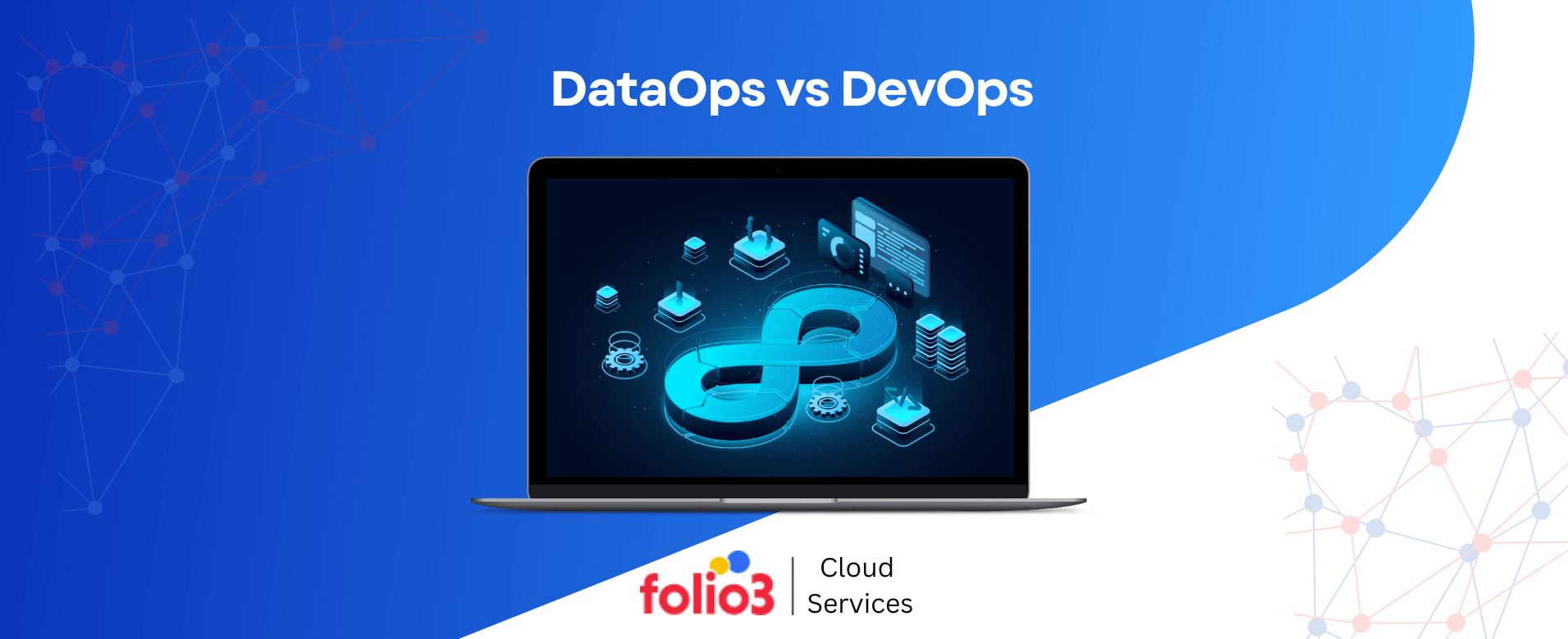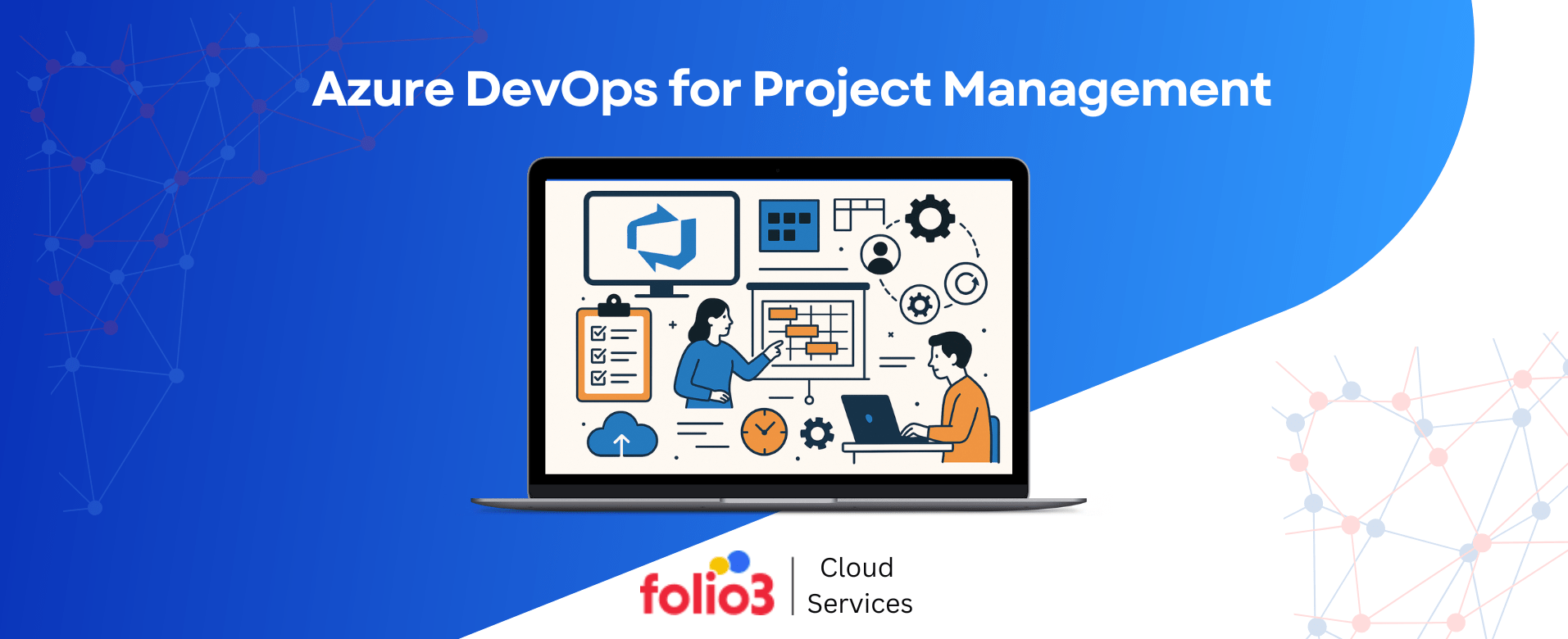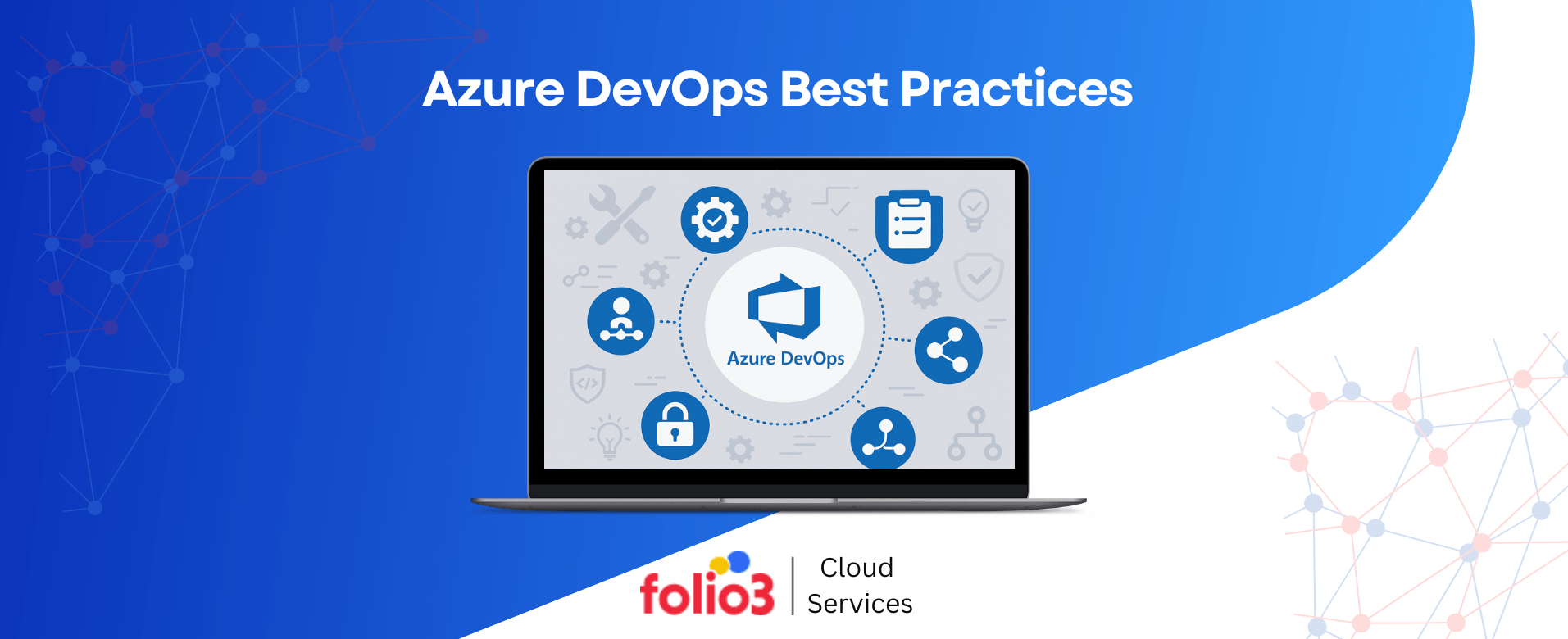Businesses are under immense pressure to innovate quickly while maintaining high-quality software delivery. DevOps transformation is becoming a crucial component in achieving these goals. Integrating development and operations teams, organizations can streamline processes, reduce bottlenecks, and accelerate their time to market
This article delved into the key components of DevOps transformation to help you understand a detailed roadmap for businesses aiming to adopt this transformative approach.
What is DevOps Transformation?
At its core, DevOps transformation refers to the shift in culture, practices, and tools that brings together development (Dev) and operations (Ops) teams. The goal is to improve collaboration, automate workflows, and enable continuous software delivery with high reliability.
It’s not just a change in tools but a mindset shift toward agility, continuous improvement, and shared responsibility across teams. Businesses adopting DevOps see quicker deployments, higher software quality, and fewer bottlenecks in the production cycle.
The Roadmap to DevOps Transformation
A successful DevOps transformation roadmap involves a structured approach. Below are the key phases that form the foundation of a successful transformation:
1. Assessment Phase
The first step in any DevOps transformation plan is understanding the current state of your development and operations processes. This phase evaluates team structures, workflows, tools, and organizational culture.
Identifying bottlenecks and inefficiencies allows organizations to pinpoint where DevOps best practices can add value.
2. Building the Strategy
Once the assessment is complete, organizations must outline a DevOps transformation strategy. This includes defining goals, KPIs, and a clear plan for how development and operations will collaborate.
Strategy building should be flexible and scalable to accommodate future growth and technological changes, showcasing the devops benefits for business.
3. Tool Selection
Choosing the right tools is essential for a smooth DevOps transformation journey. Whether for continuous integration, testing, or monitoring, the tools must support automation, collaboration, and scalability.
Popular tools include Jenkins, GitLab, and Docker.
4. Scaling DevOps
After initial implementation, scaling the DevOps transformation services across the organization is crucial. This involves training additional teams, standardizing processes, and ensuring consistent practices company-wide. Opting for devops outsourcing can also be a strategic approach to manage scaling effectively.

Manual Infrastructure Management Slowing Down Scalability
Automate infrastructure with best practices in Infrastructure as Code (IaC) for rapid scaling and reliability.
Automate and scale your infrastructure with our DevOps consulting solutions.
5. CI/CD Pipeline Automation
Automating the Continuous Integration/Continuous Delivery (CI/CD) pipeline is fundamental to DevOps. Automating testing, deployment, and monitoring can drastically reduce errors and shorten release cycles, making the software development process more efficient.
6. Infrastructure as Code (IaC)
Infrastructure as Code (IaC) allows you to manage and provision infrastructure through code rather than manual processes. This ensures consistency, scalability, and the ability to replicate environments quickly.
7. Containerization and Orchestration
Tools like Docker and Kubernetes play a vital role in modern DevOps by enabling containerization and orchestration. These technologies allow applications to be packaged and deployed consistently across environments, improving efficiency and reducing downtime.
8. Monitoring and Logging
Monitoring and logging are critical for gaining insights into your system’s health. Implementing comprehensive monitoring tools like Prometheus and Grafana helps detect performance issues and allows for quick remediation.
9. Security Integration (DevSecOps)
Incorporating security into the DevOps pipeline through DevSecOps ensures that security is addressed from the beginning of the development process. Automating security checks and integrating them into the CI/CD pipeline helps reduce vulnerabilities.
10. Cloud Infrastructure and Multi-cloud Strategies
Many DevOps strategies include using cloud infrastructure for better scalability and flexibility. Implementing multi-cloud strategies helps organizations avoid vendor lock-in and utilize the best services across multiple cloud providers like AWS, Azure, and Google Cloud.
Challenges in DevOps Transformation
While DevOps delivers remarkable advantages, the journey to full adoption is challenging. Organizations must be prepared to address a variety of challenges that arise when implementing DevOps transformation.
1. Cultural Resistance
Cultural resistance is one of the most significant hurdles to a successful DevOps transformation. Teams that have long been siloed in development, operations, and even QA may struggle to adapt to the collaborative nature of DevOps.
Employees accustomed to working within rigid workflows may resist changes that challenge their established practices.
This resistance can stifle innovation and slow down transformation efforts. To overcome this challenge, strong leadership is critical. Leaders must foster open communication, where cross-functional collaboration is encouraged.
This resistance can stifle innovation and slow down transformation efforts. To overcome this challenge, strong leadership is critical. Leaders must foster open communication, where cross-functional collaboration is encouraged. Engaging DevOps transformation services can also provide the structured guidance and change management support needed to ease this cultural shift.
Additionally, clear communication about the benefits of DevOps and how it will impact daily work is essential in reducing pushback and gaining team buy-in.
2. Toolchain Complexity
DevOps relies heavily on a complex toolchain that supports automation, monitoring, version control, and continuous integration and delivery. The sheer volume of tools available can be overwhelming, leading to potential tool sprawl.
Integrating and managing these tools can become a significant challenge without careful planning.
Choosing the right tools that align with your organization’s unique needs is key. The goal is to simplify processes, not add unnecessary complexity.
Selecting a unified platform or stack of tools that communicate seamlessly will enable more streamlined processes, ensuring the DevOps transformation journey is smoother and more effective.
3. Legacy Systems
For many organizations, legacy systems present a major obstacle in adopting DevOps. Older infrastructure and applications may not support the automation, scalability, and flexibility that DevOps demands.
These systems can create bottlenecks, making the implementation of continuous delivery and testing complex.
The challenge of incorporating DevOps in legacy environments requires thoughtful, phased integration. This often involves modernizing system parts in increments, such as gradually implementing microservices or migrating to cloud-based infrastructure while maintaining critical operations.
A well-planned strategy can ensure that DevOps practices are successfully integrated without disrupting existing workflows.
Benefits of DevOps Transformation
DevOps provides many advantages for organizations, helping them stay competitive in today’s fast-paced digital landscape. From speeding up development cycles to improving teamwork, here are the key benefits of DevOps transformation:
1. Faster Time to Market
One of the most significant benefits of DevOps transformation is the faster time to market. Organizations can release new features, updates, and products more quickly by automating and optimizing the development and deployment processes.
This agility enables businesses to respond to real-time market changes, customer demands, and technological advancements, providing a competitive edge.
2. Improved Collaboration
DevOps breaks down traditional silos between development, operations, and QA teams, fostering a culture of collaboration. This cross-functional teamwork allows for more efficient problem-solving, as all teams work together toward a shared goal.
Improved communication and cooperation improve the organization’s alignment, leading to higher productivity and faster project delivery.
3. Increased Efficiency
Through the automation of repetitive tasks such as testing, deployment, and monitoring—DevOps enhances efficiency across the board.
Teams can focus on strategic initiatives and innovation rather than spending time on manual tasks. Automation reduces errors and improves consistency and speed, leading to more streamlined workflows and higher operational efficiency.
4. Higher Software Quality
DevOps encourages continuous testing and integration throughout the development lifecycle, ensuring that bugs and issues are detected early and resolved before reaching production.
This constant feedback loop helps deliver higher-quality software with fewer defects, improving user satisfaction and reducing costs associated with fixing post-release errors.
5. Enhanced Scalability
DevOps enables businesses to scale their applications and services based on demand using cloud-native tools and infrastructure.
DevOps consultation allows organizations to scale without sacrificing performance, whether handling increased traffic or managing fluctuating workloads. This enhanced scalability is especially beneficial for businesses operating in dynamic markets that require flexibility and responsiveness.
FAQs
What is agile DevOps transformation?
Agile DevOps transformation combines Agile methodologies with DevOps practices, focusing on iterative development, continuous feedback, and team collaboration for faster, more flexible development cycles.
What are the 7 phases of DevOps?
The seven phases of DevOps typically include Planning, Development, Integration, Testing, Deployment, Monitoring, and Feedback.
Which are DevOps transformation best practices?
Key best practices include automation of CI/CD pipelines, implementing Infrastructure as Code (IaC), integrating security (DevSecOps), and fostering a culture of collaboration and continuous improvement.
Final Words
DevOps transformation is not just a technical shift; it’s a cultural and operational evolution that requires careful planning and execution. Adopting a structured approach and addressing common challenges, businesses can reap the benefits of improved efficiency, faster delivery, and higher-quality software.
Folio3’s DevOps transformation services can guide your organization through this journey, ensuring a seamless transition and long-term success.














